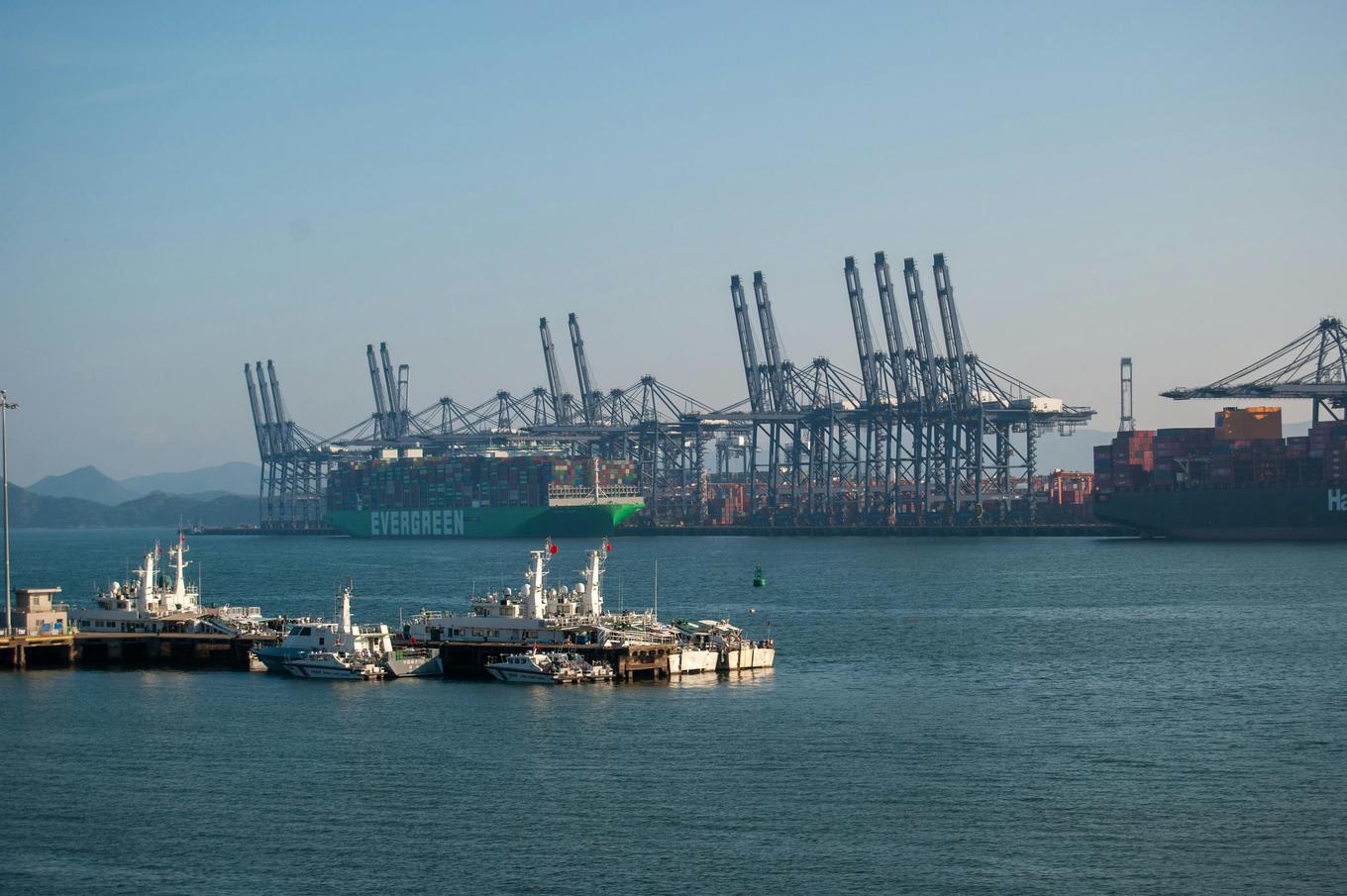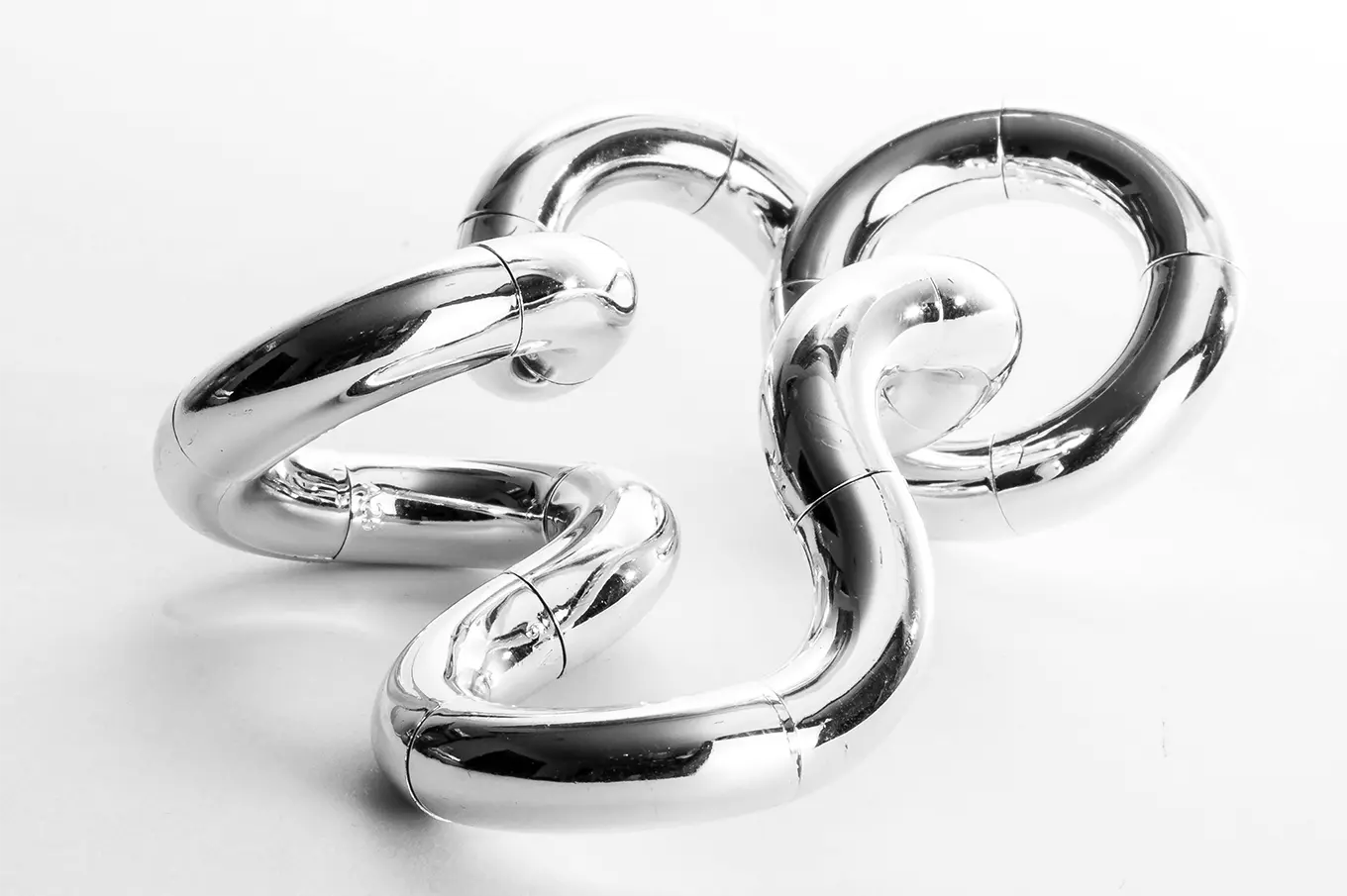- Shanghai Zhongshen International Trade Co., Ltd. - Two decades of trade agency expertise.
- Service Hotline: 139 1787 2118

EntertainmentEquipment ImportsNew Market Landscape
The global entertainment equipment market size is expected to exceed $280 billion in 2025, with China as a major consumer market maintaining an annual import growth rate of over 12%. From VR motion-sensing devices to intelligent entertainment robots, while product iterations accelerate, differences in technical standards across countries have led to sharply increased customs clearance risks. A video game equipment manufacturers38-day port detention incidentin 2024 exposed the hidden dangers of self-customs clearance.
Analysis of Three Core Risk Points
Qualification Review Traps:
- Update to EMC Directive in CE Certification (Effective January 2025)
- Differences in Energy Efficiency Labeling Systems (Comparison of US, EU, and China Standards)
- US: Energy Star 4.0
- EU: ERP Lot 6
- China: GB 21520-2025
Tariff Classification Dilemma:
- HS Code Dispute for Smart Fitness Equipment (9506 vs 9504)
- Classification Principles for Multi-Function Devices
- Primary Function Determination Method
- Weight-Value Ratio Method
Logistics selection blind spots
- Special requirements for temperature-controlled transportation (moisture protection for gaming equipment motherboards)
- Comparison of land, sea, and air solutions for vibration-sensitive equipment
Value realization of professional agency services
A case study of theme park equipment import shows that professional agents can shorten22 working daysthe declaration cycle:
- Pre-classification service avoids tariff misjudgment
- Triple review mechanism for technical documents
- Verification of original manufacturer documentation
- Customs declaration essential requirements matching
- Target market access review
Policy Outlook and Response in 2025
General Administration of Customs Announcement No. 198 specifies:
- Sports and entertainment composite equipment adopts new HS code 9506.91.00
- VR headset classification standards refinement (display accuracy threshold setting)
Professional agency establishedDynamic monitoring system, through:
- 22-country technical regulations database
- HS code intelligent matching engine
- Real-time alert push mechanism
Key parameter comparison for enterprise decision-making
- Time cost: Average time consumption of self-declaration vs. agency service efficiency
- Economic cost: Analysis of hidden cost proportion (port demurrage/amendment fees)
- Opportunity cost: Sales losses caused by market access delays
When Entertainment Equipment Imports Meet Accelerated Technological Iteration, Professional Agency Services Have Evolved from Traditional Customs Clearance Tools to EnterprisesStrategic compliance partners. Choosing service providers with deep industry expertise will become a key decision for enterprises to seize market opportunities.
Related Recommendations
? 2025. All Rights Reserved. Shanghai ICP No. 2023007705-2  PSB Record: Shanghai No.31011502009912
PSB Record: Shanghai No.31011502009912










